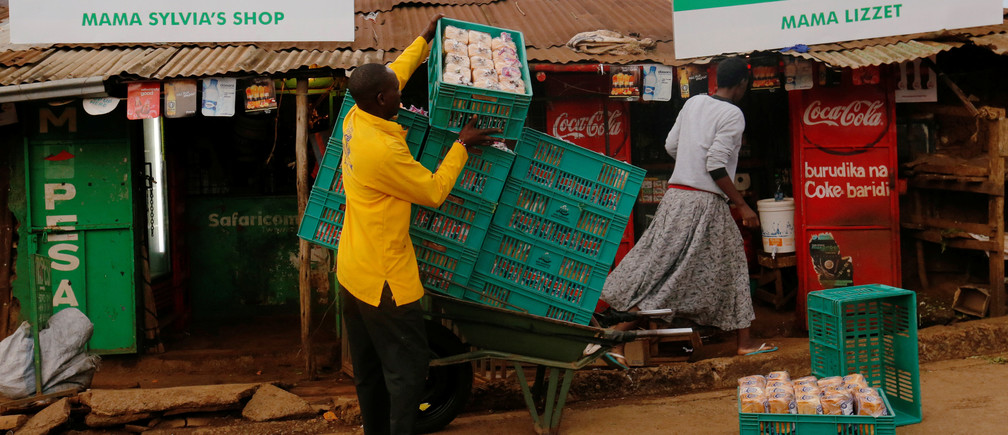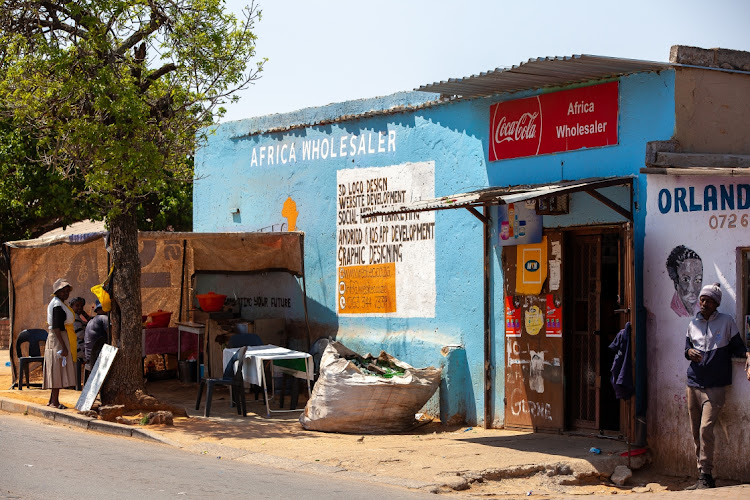Small businesses are often hailed as the backbone of the economy, and this is especially true for developing countries. While large corporations and multinational companies frequently capture headlines, it is the small and medium enterprises (SMEs) that drive significant economic growth, create jobs, and foster innovation. Understanding the pivotal role that small businesses play in the economic fabric of developing nations is crucial for policymakers, entrepreneurs, and citizens alike.

Job Creation and Employment: One of the most critical contributions of small businesses is job creation. In developing countries, where unemployment rates can be high, SMEs provide essential employment opportunities. They absorb a large portion of the labor force, particularly in sectors such as agriculture, retail, and manufacturing. By employing local talent, small businesses help reduce poverty and improve living standards. Furthermore, they often offer jobs to segments of the population that are typically marginalised or overlooked by larger corporations, including women, youth, and rural communities.
Economic Diversification: Small businesses contribute to economic diversification, which is vital for the stability and resilience of developing economies. Rather than relying on a single industry or export, a diversified economy can withstand global market fluctuations more effectively. SMEs operate in a wide range of sectors, from technology and services to agriculture and artisanal crafts. This diversification helps to stabilise the economy, reduce dependency on imports, and improve the balance of trade.
Innovation and Entrepreneurship: Innovation is not the sole domain of large corporations. Small businesses, with their agility and adaptability, often lead the way in introducing new products, services, and processes. They are more likely to take risks and experiment with innovative ideas. In developing countries, where resources can be scarce, this entrepreneurial spirit is crucial. Small businesses can identify and respond to local needs more quickly and efficiently than larger organisations, driving economic and social progress.
Local Economic Development: Small businesses play a fundamental role in local economic development. They create a multiplier effect, where the benefits of their activities spread throughout the community. For example, a small retail store buys goods from local suppliers, who in turn may hire local workers, thus circulating money within the local economy. This localised economic activity helps build a self-sustaining economic ecosystem, reducing the need for external aid and fostering community resilience.
Social and Cultural Impact:
Beyond their economic contributions, small businesses often have a profound social and cultural impact. They can preserve and promote local traditions, crafts, and knowledge, which might otherwise be lost in the face of globalisation. Small businesses can also contribute to social cohesion by providing a sense of identity and pride within communities. This cultural preservation is not only valuable for social reasons but can also attract tourism and investment, further boosting the economy.

Challenges and the Way Forward: Despite their importance, small businesses in developing countries face numerous challenges, including limited access to finance, inadequate infrastructure, regulatory hurdles, and lack of market access. Addressing these challenges requires concerted efforts from governments, financial institutions, and international organisations. Policies that support small business development, such as easier access to credit, improved infrastructure, and streamlined regulations, can create an enabling environment for SMEs to thrive.
Small businesses are indispensable to the economic health and development of developing countries. They create jobs, drive innovation, diversify the economy, and contribute to local and cultural development. Recognising and supporting the vital role of small businesses can unlock significant economic potential and pave the way for sustainable development. As developing countries continue to navigate the complexities of the global economy, empowering small businesses will be key to building resilient and prosperous societies.